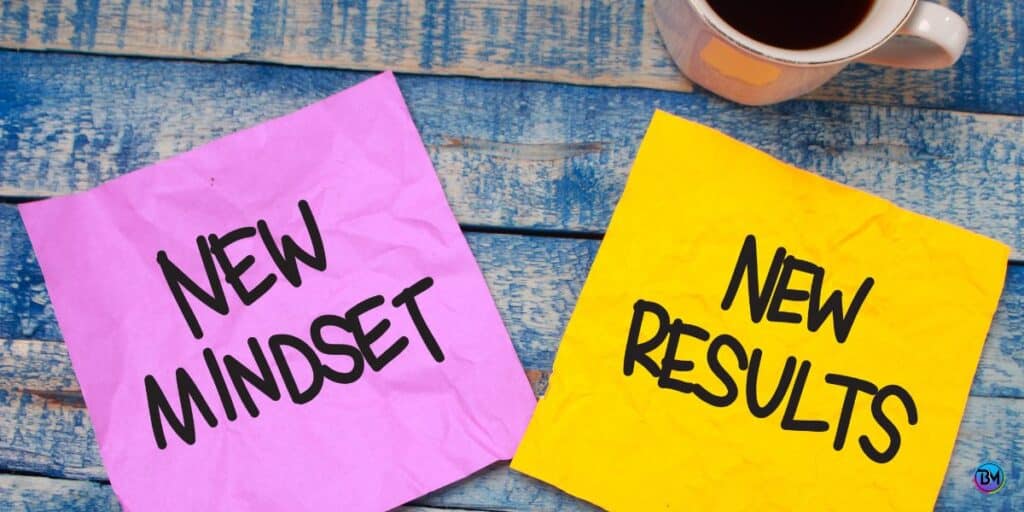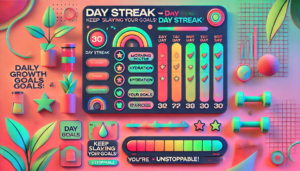In our fast-paced world, personal growth is more than just a buzzword—it’s a lifelong journey that helps you become your best self. Whether you call them personal growth activities, personal growth activities, or personal growth and development activities, these tasks nurture your skills, mindset, and overall well-being. Below, we’ll explore 10 powerful personal development activities and answer the often-asked question: When are self development activities usually completed?
Stat to Note: According to a 2020 study by Harvard Business Review, companies that foster continuous learning report a 30% increase in productivity among employees. This demonstrates the tangible benefits of focusing on personal growth.
1. Journaling for Personal Growth
- Why It Matters: Journaling allows you to process thoughts, reflect on daily experiences, and track emotional patterns.
- How to Get Started: Spend 10–15 minutes each morning or evening documenting your goals, challenges, and triumphs.
Canva Visual Prompt: Design a simple but bold infographic illustrating “The 5 Key Benefits of Journaling,” using icons for clarity.
2. Setting SMART Goals
- Why It Matters: Specific, Measurable, Achievable, Relevant, and Time-bound goals keep you focused and motivated.
- How to Get Started: Break down long-term goals into smaller weekly or monthly milestones to track progress effectively.
Resource Suggestion: Forbes often features articles on goal-setting and productivity hacks for modern professionals.
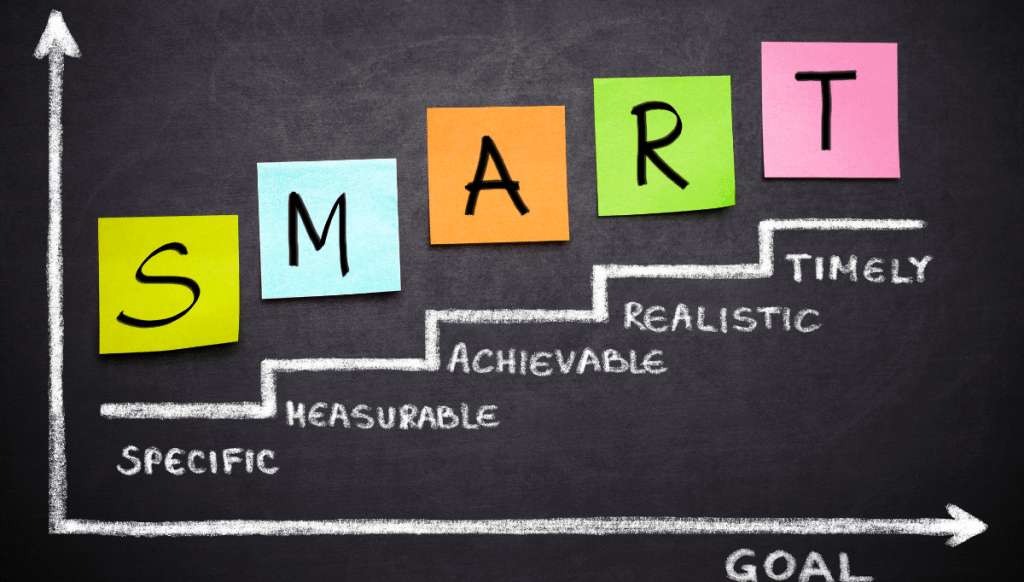
3. Time Management and Prioritization
- Why It Matters: Effective time management maximizes productivity and reduces burnout.
- How to Get Started: Use tools like Google Calendar or Todoist to prioritize tasks. Plan your day in blocks and avoid multitasking.
Internal Link: For more on how to optimize your schedule, see our post on Time Management Tips for Personal Success.
4. Regular Reading Habit
- Why It Matters: Reading broadens your knowledge base, stimulates creativity, and improves cognitive functions.
- How to Get Started: Commit to reading 15–30 minutes daily. Choose books that align with your goals—be it leadership, psychology, or personal finance.
Stat to Note: Statista reports that the average U.S. adult reads about 20 minutes per day, suggesting even a small daily reading habit can keep you ahead of the curve.
5. Skill Development Courses
- Why It Matters: Learning new skills keeps you relevant in a rapidly changing job market and expands your opportunities.
- How to Get Started: Platforms like Coursera or Udemy offer courses on everything from coding to public speaking.
Resource Suggestion: Coursera for university-backed courses.
Transform Your Career with Professional Certification
6. Seeking Feedback and Mentorship
- Why It Matters: Constructive feedback identifies blind spots and accelerates personal growth.
- How to Get Started: Join a mentoring program or network with industry professionals for regular insights and evaluations.
7. Embracing Mindfulness and Meditation
- Why It Matters: Mindfulness reduces stress, increases self-awareness, and improves mental clarity.
- How to Get Started: Start with a 5-minute guided meditation daily. Gradually increase to 15 minutes as you get comfortable.
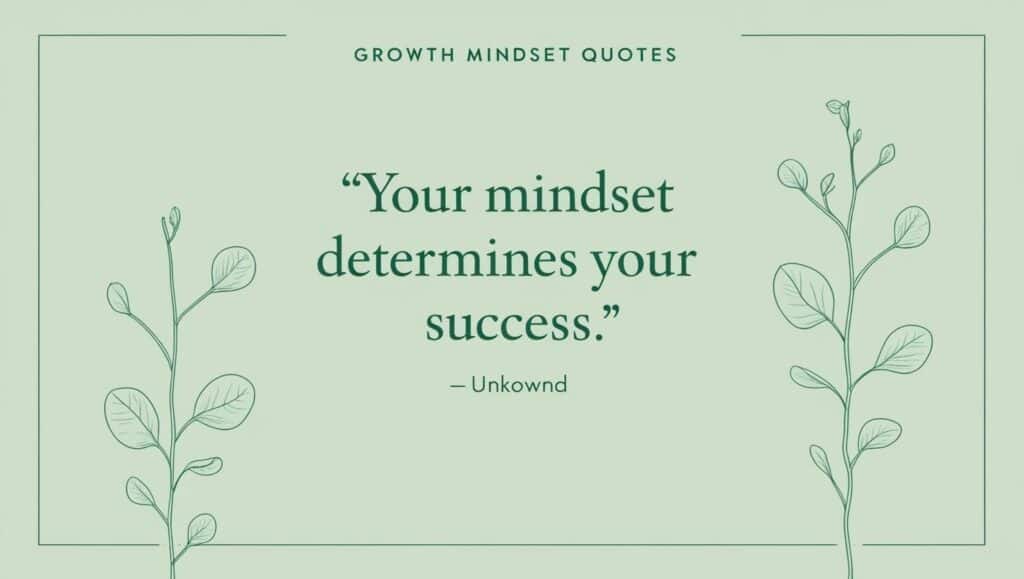
8. Physical Wellness and Exercise
- Why It Matters: A healthy body supports a healthy mind, impacting both productivity and emotional balance.
- How to Get Started: Incorporate a 20-minute home workout, brisk walk, or yoga session into your daily routine.
9. Networking and Social Skill Building
- Why It Matters: Strong relationships can lead to new opportunities, collaborations, and personal support systems.
- How to Get Started: Attend industry events or virtual meetups. Engage on professional networks like LinkedIn to practice digital communication.
10. Passion Projects and Creative Outlets
- Why It Matters: Hobbies and personal interests spark creativity and rejuvenate your spirit, preventing burnout.
- How to Get Started: Schedule weekly time for a creative activity—painting, writing, music, or any other project that inspires you.
When Are Self Development Activities Usually Completed?
Self development activities are typically woven into your daily, weekly, or monthly routines. For instance, journaling or meditation can be daily habits, while skill-building courses or mentoring sessions may occur weekly or monthly. The key is consistency: scheduling your personal growth activities at intervals that suit your lifestyle ensures steady, sustained development.
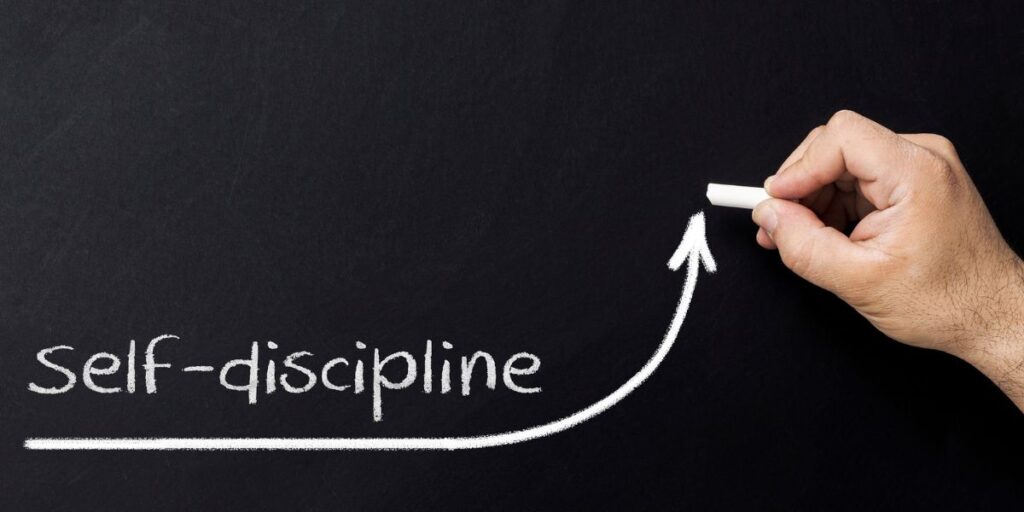
FAQs
- What are personal growth and development activities?
Personal growth and development activities are tasks, habits, and practices that help you improve your skills, mindset, and emotional well-being, such as journaling, goal-setting, or learning new skills. - How often should I engage in self development activities?
The frequency varies. Daily activities like journaling or meditation can be done every day, whereas skill-building or mentorship sessions may be weekly or monthly. - Can I measure the progress of personal development activities?
Absolutely. Setting SMART goals and tracking your achievements through journals or apps helps you measure improvements. - Do I need a mentor for personal development?
While not mandatory, a mentor or accountability partner offers guidance, feedback, and support, often accelerating your growth. - How do I stay motivated to continue personal growth activities?
Break larger goals into smaller milestones, celebrate each win, and periodically review your progress to stay inspired.
Call to Action
Ready to take charge of your growth journey? Start by choosing one activity from this list and schedule it in your calendar today. For even more in-depth strategies, check out our other articles on BestOfMotivation.com.
Final Thoughts
Incorporating personal growth activities into your routine doesn’t have to be overwhelming. By picking a few personal development activities that resonate with you and consistently dedicating time to them, you’ll not only upgrade your skills but also boost your confidence and overall well-being. Remember, self-improvement is a marathon, not a sprint—small, consistent steps lead to lasting change.
